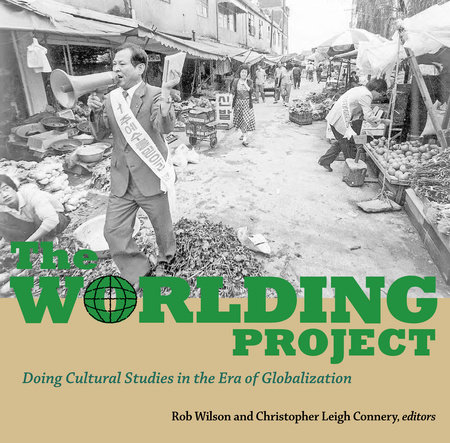Description
Globalization discourse now presumes that the “world space” is entirely at the mercy of market norms and forms promulgated by reactionary U.S. policies. An academic but accessible set of studies, this wide range of essays by noted scholars challenges this paradigm with diverse and strong arguments. Taking on topics that range from the medieval Mediterranean to contemporary Jamaican music, from Hong Kong martial arts cinema to Taiwanese politics, writers such as David Palumbo-Liu, Meaghan Morris, James Clifford, and others use innovative cultural studies to challenge the globalization narrative with a new and trenchant tactic called “worlding.”
The book posits that world literature, cultural studies, and disciplinary practices must be “worlded” into expressions from disparate critical angles of vision, multiple frameworks, and field practices as yet emerging or unidentified. This opens up a major rethinking of historical “givens” from Rob Wilson’s reinvention of “The White Surfer Dude” to Sharon Kinoshita’s “Deprovincializing the Middle Ages.” Building on the work of cultural critics like Edward Said, Gayatri Spivak, and Kenneth Burke, The Worlding Project is an important manifesto that aims to redefine the aesthetics and politics of postcolonial globalization withalternative forms and frames of global becoming.

